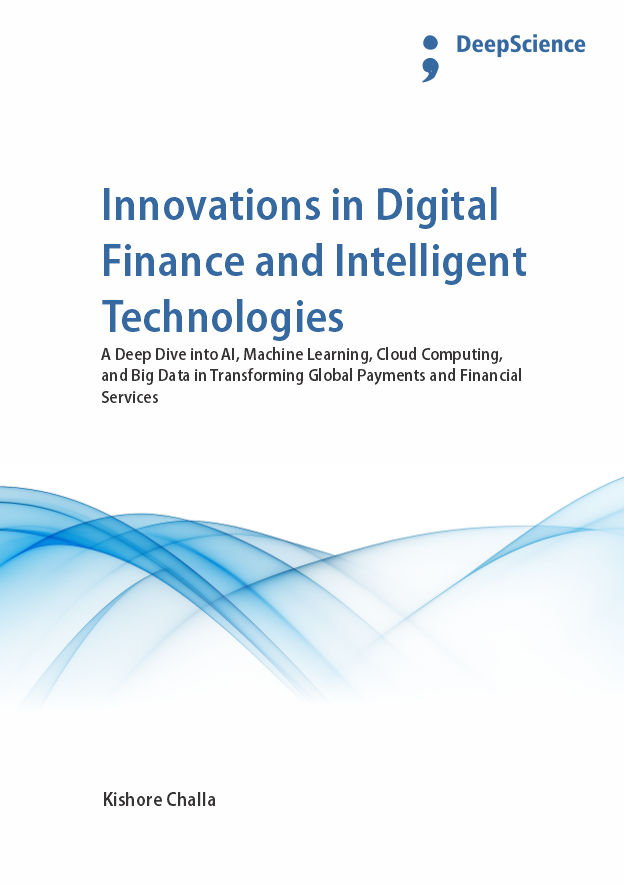The evolution of global payment systems and digital finance infrastructure
Synopsis
Payment systems are vital for the functioning of today's economy, from retail transactions through to the settlement of interbank final payment obligations. Even with the increasing migration to electronic money transfers from the dominance of cash and checks, the basic aspects of payment systems are broadly similar to when the Bank of England was established to provide a facility for banks to convert their notes and settle interbank obligations. Fundamental concepts in payment systems are risk transfer from payer to payee, and relinquishing control over resources by the payer.
There are two broad categories of payments. Hard payments are payments of some form of property that exhaust the payment proceeds and rely on private rules of restitution in the event of error or fraud. The payer is not owed any further claim against the payee. Soft payments are payments that create a claim against the payee for further performance after payment. Soft payments rely on information and formal procedures available to a financial intermediary, such as banks, for creating sufficient barriers to bounce a payment on errors or fraud.












